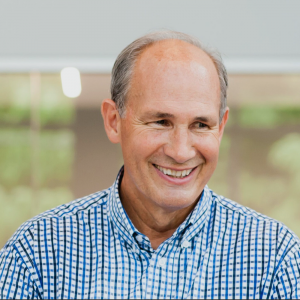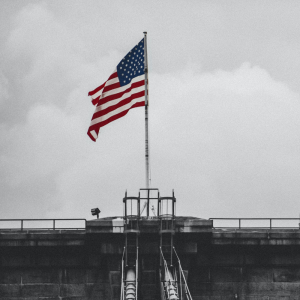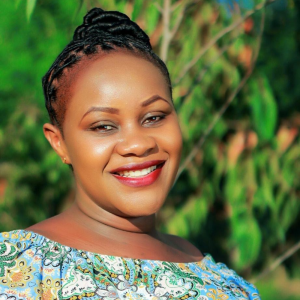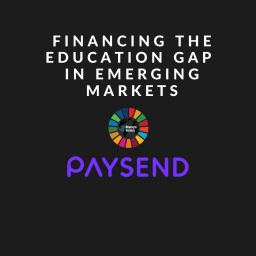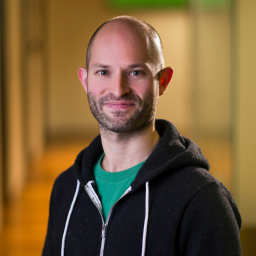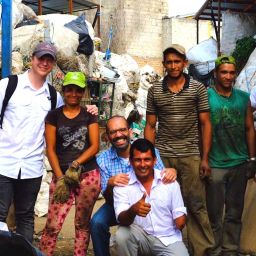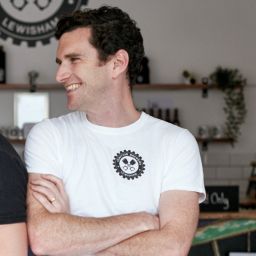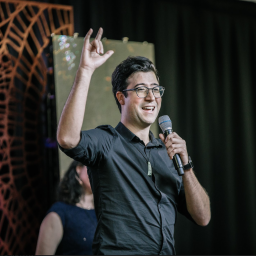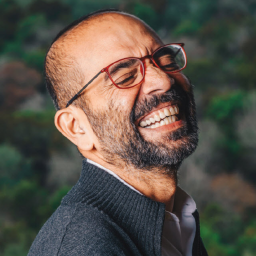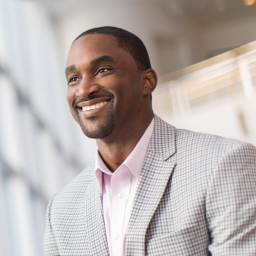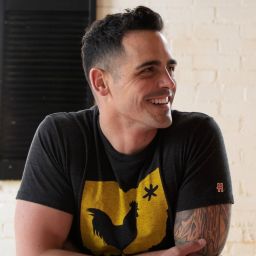What exactly is “racial equity investing”?
Jochebed Bogunjoko (JB): Internally, racial equity investing is developing business practices that support the long-term success of all stakeholders by proactively identifying and counteracting racial inequities within a firm and for investors.
Externally, it’s allocating capital to intentionally address systemic racial inequities – measured by actual social, environmental, and economic outcomes.
That means ensuring that business operations and services are equitable, and can therefore support investments that yield equitable results. In practice, that often looks like assessing who manages money in a portfolio, and how those asset managers think about systemic racism. It also means investing in managers and portfolio companies that work to meet the unmet needs or mitigate the impacts of inequity on marginalised communities.
Was there a defining moment in your life/career that made you want to engage in this work?
JB: I wouldn’t say there was any one moment, it was more a culmination of many things. I grew up in the Niger Republic during a drought as a child, then moved to the US in a subdivision next to a trailer park, and always wondered why some people had money and others didn’t. In college, studying History and Economics, I learned there were systemic, institutional, and often deeply racist reasons for those imbalances.
I went into wealth management because I wanted to learn how to use finance as a tool for social justice. There I learned about ESG, sustainable and ultimately racial equity investing and realised I had a unique skill set and perspective to offer. I wanted to build a business that reflected the values I wanted the investing world to embrace, and to use my experience to build solutions that empowered Black and Indigenous communities.
I’m inspired every day to emulate the apartheid divestment movement, and am constantly reminded of the Nelson Mandela quote: “Overcoming poverty is not a gesture of charity. It is an act of justice.”
What role do investors play in creating a fairer and more equal society?
JB: Investors hold an untold amount of power, whether it’s deciding the economy of the future through venture capital investments or having corporations lobby on behalf of their interests as shareholders.
Global investor wealth has historically often been accumulated, either directly or indirectly, through mass exploitation (and in many cases genocide). This exploitation has never been systematically addressed or compensated for. The trillions of dollars in portfolios today already play a role in, and profit from, some of the worst injustices in society. It’s a matter of taking responsibility for that damage and being accountable to the people and the communities that have suffered the consequences. We have to work with humility to redress that harm.
What are the most important, practical steps that investors can take to fight racial injustice?
JB: 1 – Learn. Begin by learning how to listen to those traditionally excluded from the decision-making process.
2 – Hire issue experts embedded in communities you want to serve – and budget accordingly.
3 – Start with assessing what you own and the impacts of your operations and portfolio. Then use that knowledge to build consensus on goals and metrics, and create a strategy to achieve them.
What do you see as being the greatest challenge to engaging the business community in justice issues?
JB: There’s a lack of urgency from people whose basic humanity and human rights aren’t questioned or denied every day. Like the man Martin Luther King Jr described in his letter from a Birmingham jail who “paternalistically believes he can set the timetable for another man’s freedom.’”
This is even more frustrating in the face of COVID and climate disaster, where the need for drastic, immediate change is rapidly accelerating daily.
There is also a general unwillingness to let go of comforting but racist myths about the potential, experiences, and performance of marginalised peoples.
And finally I’d draw attention to the real lack of awareness of the widespread, gross injustice that exists in the first place – in particular from the business and investor communities. There is also little real understanding how those communities are directly implicated.
Which two policy reforms do you consider to be fundamental for creating real change? Why?
JB: End cash bail, as Illinois just has! Most states criminalise poverty, and prosecutors often set bail at levels that poor people of colour who already in dire situations can’t possibly afford. Nearly 75% of people held in local jails haven’t actually been convicted of any crime, and are presumptively innocent. However, they still lose their licenses, jobs, time, and opportunity while being held – all of which can permanently devastate their lives.
This has been brutally demonstrated during the pandemic, when many innocent people lost their lives because of an inability to pay.
We should also end felony disenfranchisement, like Florida recently voted to. We know how prejudicial our policing and penal systems are, and recent months have made it clear just how important every citizen’s vote is. When it comes to voter disenfranchisement, felonies are a primary mechanism. In states like Alabama, that means over 7% of the population and 15% of the state’s Black population have been stripped of their right to vote.
What are you hoping to achieve at the Responsible Business initiative for justice?
JB: I’ve been interested in the penal system ever since I noticed I was the only Black person in most of my classes, and heard jokes in those classes like “What do you call a crowd of Black men running down a hill?” “A jailbreak.”
This was about the same time we were learning about the “Corridor of Shame” in South Carolina, where schools and communities were left almost entirely without resources or support. Since then, I’ve always been interested in the connection between poverty and incarceration, and how prison labor’s history in slavery exemplifies a broader economic reliance on exploitation.
I’m also just a Black woman trying to survive in the US, who is impacted by every new story of police brutality, and whose extended community is harmed and disenfranchised by our penal system. I feel a responsibility to do my part in changing that reality.
I want to help the investment community gain a comprehensive understanding of their part in all this. For example, most of the focus for impact and sustainable investing has been on private prisons. They are awful, but it’s important to realise they are only a small slice of the system. Since reading through UNICOR’s materials marketing prison labor as an alternative to manufacturing overseas back in 2019, I’ve been interested in helping investors understand how to deal with incarcerated labor in their supply chains, and their role in combating prison abuses more broadly. Working with the Responsible Business Initiative for Justice is an opportunity to do just that, and to catalyse real change in this area.


